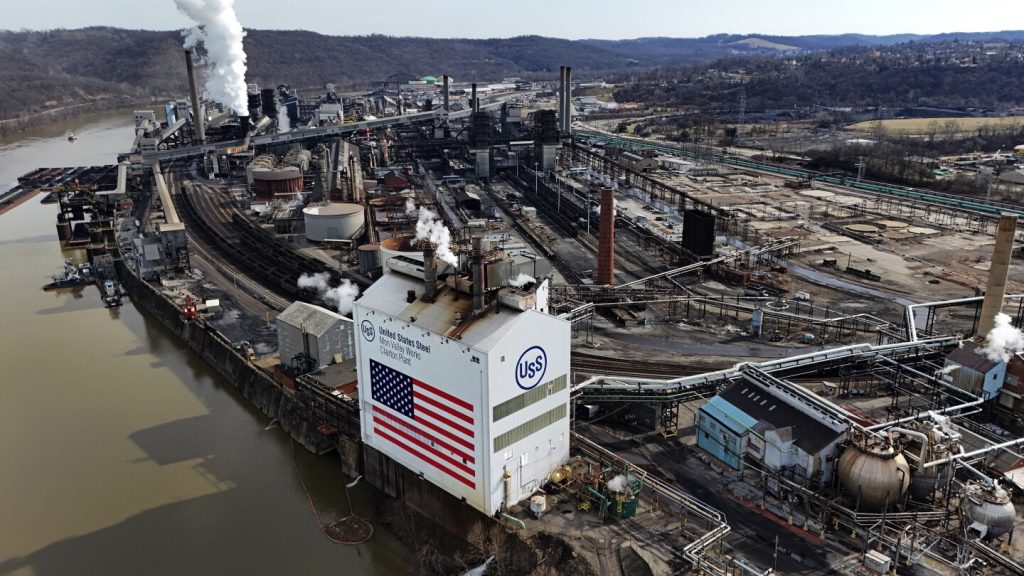The trade policies of both President Donald Trump and Democratic presidential nominee Joe Biden have shown a protectionist tilt, with a focus on imposing tariffs on foreign goods to protect American industries. Biden has maintained many of Trump’s tariffs, particularly on steel, aluminum, and products from China, despite expectations of a change in trade policy under a new administration. The protectionist stance of the candidates reflects concerns about the impact of open trade on American manufacturing jobs and the economy, especially in critical swing states like Pennsylvania, Michigan, and Wisconsin.
Both Trump and Biden have moved away from the traditional stance of free trade that dominated American policy for decades after World War II, as they acknowledge the negative effects of global trade on American workers. Trump’s aggressive tariff policies aimed to reduce trade deficits and protect American industries, though experts argue that they have not achieved their intended goals. Trump’s plans for further tariffs, if re-elected, could have damaging effects on the economy, leading to higher inflation, reduced GDP, and increased unemployment.
Biden’s trade policies include subsidies for key industries like chipmaking and electric vehicle manufacturing to enhance competitiveness and address national security concerns related to China’s rising technological power. Biden has also initiated new tariffs on Chinese products and opened investigations into Chinese trade practices, indicating a willingness to take a tough stance on trade issues. Economic experts view Biden’s approach as more strategic and focused on rebuilding U.S. manufacturing capacity, rather than being knee-jerk and incoherent like Trump’s policies.
The shift towards protectionism in U.S. trade policy has been driven by a growing consensus that previous free trade agreements have damaged American workers and industries by moving production offshore. China’s emergence as a major geopolitical rival has also fueled efforts to reduce reliance on Beijing for critical supplies and technology. While Trump’s tariff war may have had limited success in protecting American jobs, it was effective in gaining political support in key industrial states. Biden’s trade policies continue to prioritize national security concerns and support for domestic industries through subsidies and incentives.
Experts caution that protectionist trade policies can have negative economic consequences, including higher costs for households and businesses, retaliation from trading partners, and strained international relations. Despite the economic risks, both Trump and Biden have shown a commitment to protecting American industries through tariffs and subsidies. The ongoing tensions with China and other adversaries suggest that protectionist trade policies are likely to remain a prominent feature of U.S. trade strategy in the foreseeable future, regardless of the outcome of the presidential election.
Companies like Clips & Clamps Industries in Michigan have felt the impact of tariffs on their business, causing increased material prices and lost contracts due to competition from overseas rivals. While these protectionist measures may provide short-term relief for some industries, the long-term implications for the economy and global trade relationships remain uncertain. Ultimately, the decision on trade policy will have significant implications for American workers, businesses, and the overall economy, as the U.S. navigates a complex and evolving global trade landscape.


